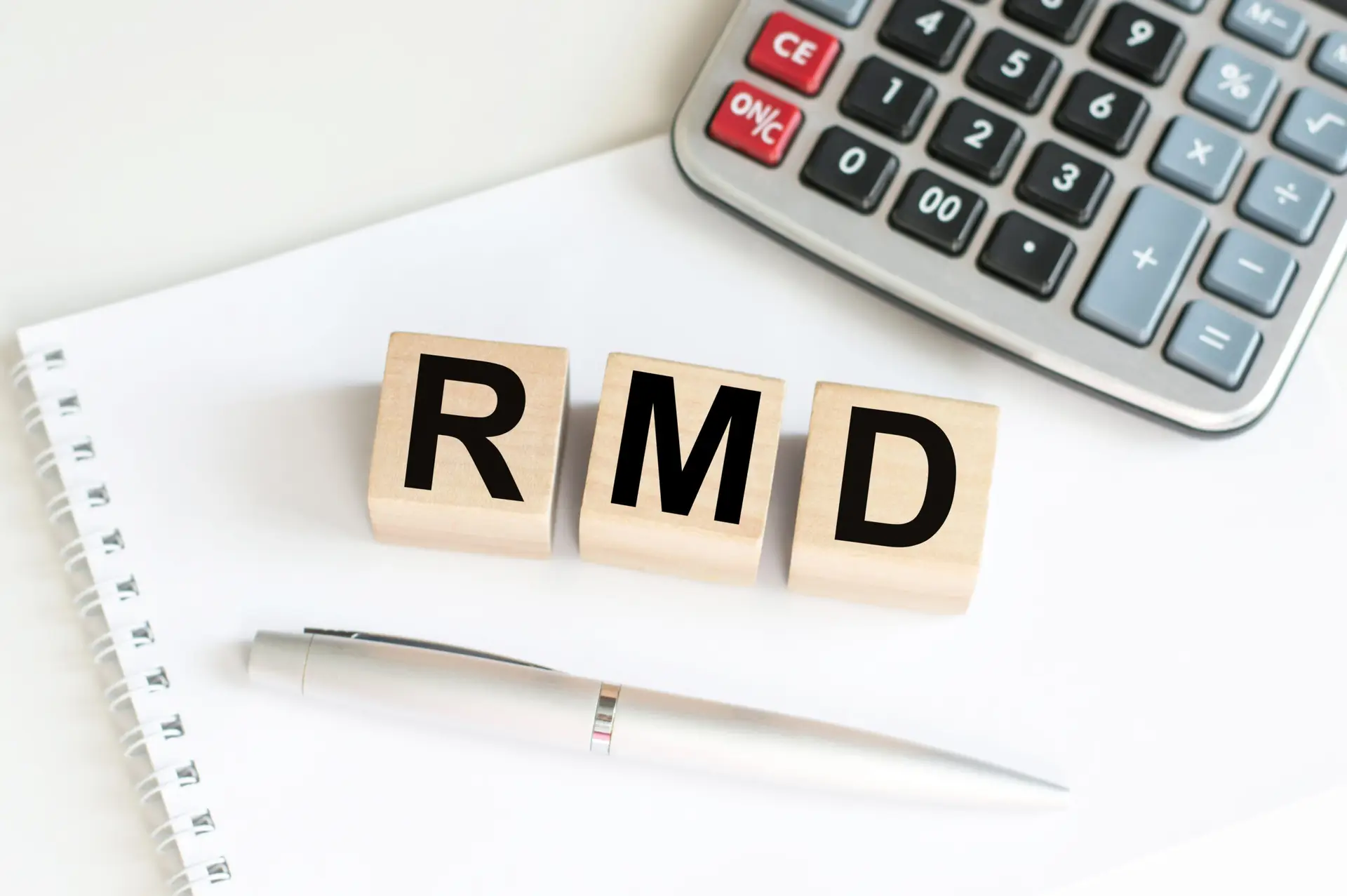Posted by PrimeTrust Advisors | October 13, 2023
A Trick for Required Minimum Distributions

WOW!!… I Didn’t Know You Could Do THAT!
Heads-up!!
The year-end is rapidly approaching, which brings up the topic of Required Minimum Distributions (“RMDs”).
And… you were thinking this was about a New Year’s Eve Party.
Nope! As retirement plan geeks, we are thinking about RMDs!
Many people are surprised to learn that you do NOT have to receive a distribution “check” to satisfy the RMD rules.
Once you reach age 73, you are required to take prescribed annual RMDs from your retirement accounts. Generally, RMDs must be made before the end of the year.
Penalties for Missing the Deadline
Penalties for failing to make these distributions by the deadline are steep!
If an account owner fails to take a distribution of the fully prescribed amount of the RMD by the due date, the amount not distributed is subject to a 25% excise tax. Ouch!
Here’s the Trick…
I suspect that most people receive their RMD in the form of a check. Most likely, an investment in your account must be sold to raise the cash to cover the check.
Many people are surprised to learn you do NOT have to receive a distribution “check” to satisfy the RMD rules.
The term “distribution” often gets misconstrued to mean that I MUST make a withdrawal from my retirement account. INSTEAD, you can initiate an “in-kind” transfer of your investment–in an amount necessary to satisfy the distribution rule–from an IRA to a taxable investment account (like a brokerage account) without having to sell your investment.
This approach is not a tax avoidance scheme. It is a strategy to avoid selling investments you otherwise want to hold on to.
To be clear, you will owe taxes on the amount transferred to the brokerage account. Some people like the option to pay the taxes from other available sources without having to sell their investment holdings.
When to Use this Trick
People might prefer this “in-kind distribution” option for any number of reasons:
- You don’t want to sell your favorite stock – You are attached to a favorite stock that you feel will do even better in the future. You don’t want to sell it just yet. An in-kind IRA distribution allows you to keep that stock.
- Your CDs have not matured yet – You are getting a great rate on a FDIC insured CD and don’t want to redeem before its maturity date. You can transfer the CD to your taxable brokerage or savings account using the in-kind distribution method.
- Your investments are down – Some retirees don’t like the idea of selling their investments when their account values are down. It is especially nauseating being forced to sell depressed assets to pay taxes. An in-kind IRA distribution lets you keep your investment intact while you wait for a recovery.
- You don’t need the money to meet current expenses – You recently inherited money, or won the lottery, and you just don’t need the money now to make ends meet. Taking an in-kind distribution allows you to hold onto assets with future growth potential. By transferring them to a taxable investment account, you get favorable long-term capital gains treatment down the road.
- You LOVE your favorite charity – If you REALLY don’t need the money, donations made directly to a qualified charity from your IRA can meet the IRA’s RMDs. What’s more, in this case, you would not have to pay taxes on the distributed amount that goes directly to the charity. Qualified Charitable Distributions rules don’t require you to itemize your contributions to receive the tax deduction. Many charitable donors miss out on the income tax deduction because of the higher standard deduction that became effective in 2018.
Conclusion
So, no matter what the reason, it is important to be aware of the “distribution” options available to you for satisfying the RMD requirements.
Regardless of whether you choose to meet the RMD requirement by employing the traditional “cash-out” distribution approach or the “in-kind” distribution approach, DO NOT WAIT until the last minute to evaluate your best option and initiate your request. Everybody-else-in-the-world waits until the last minute. This strains the abilities of financial organizations to meet all of the last-minute demands. Missing the deadline is too expensive. This way you can relax and enjoy your New Year’s Eve Party.
We’re Here to Help
Of course, it is always best to counsel with a financial advisor or your tax professional to ensure that you make the best decision for your circumstances.
If you have questions or want to explore this further, you can schedule a call with us by clicking here–> Schedule a Call. Or… you can do it the old fashion way by calling us directly at (864) 552-4020. We would welcome your call.
